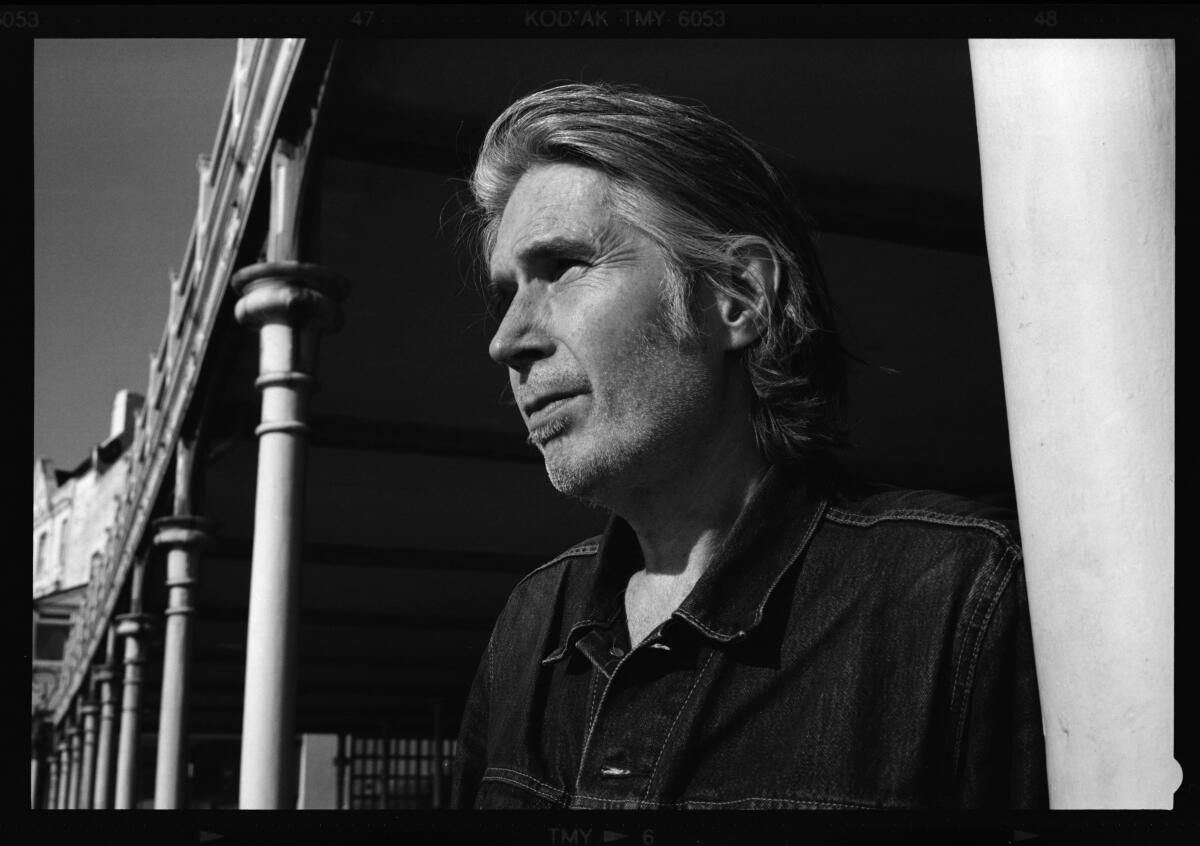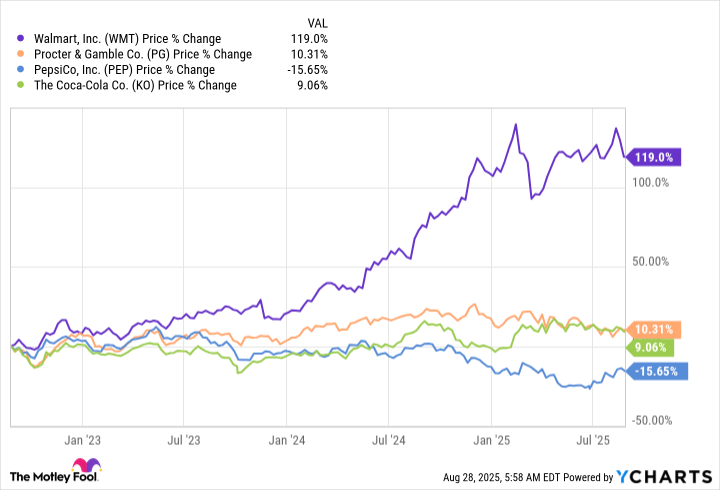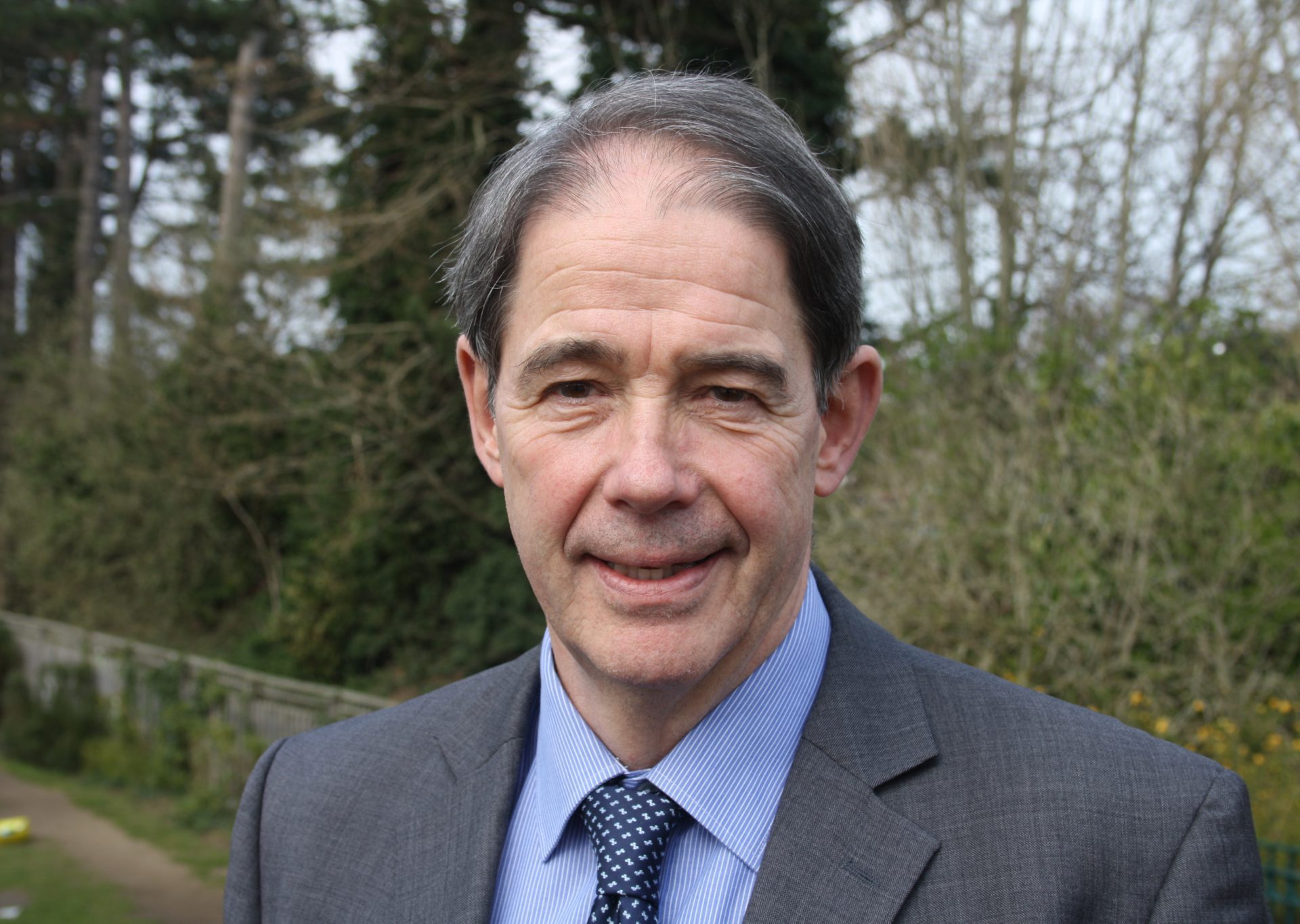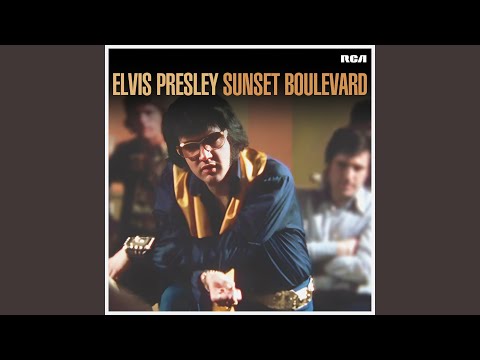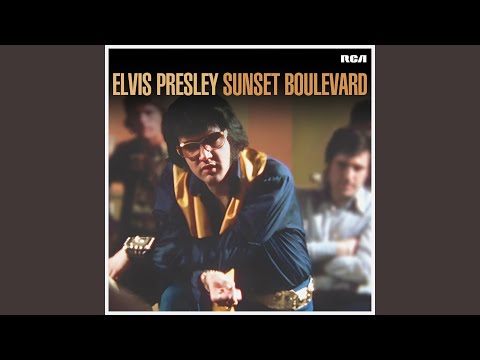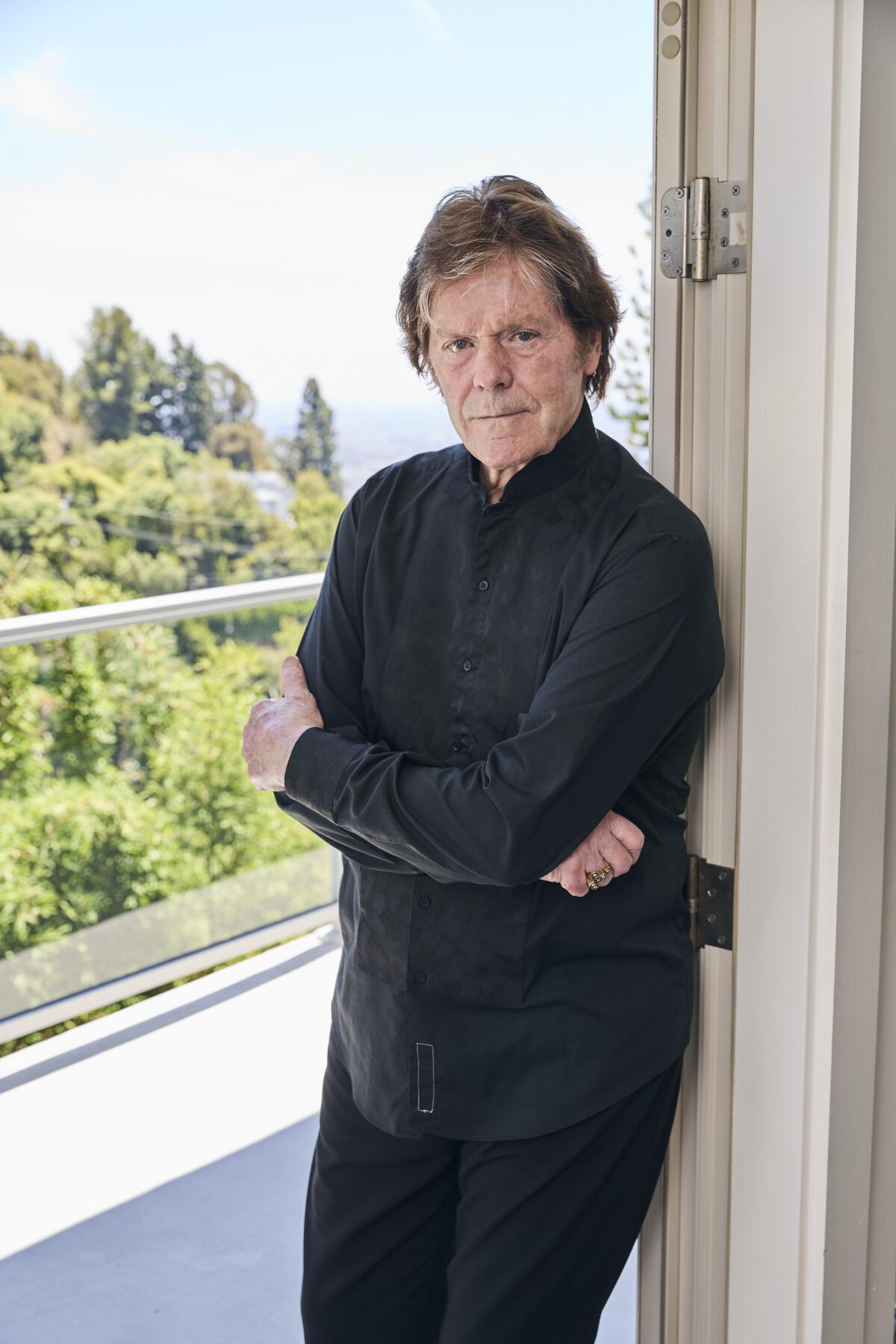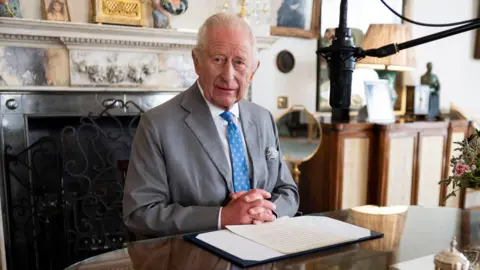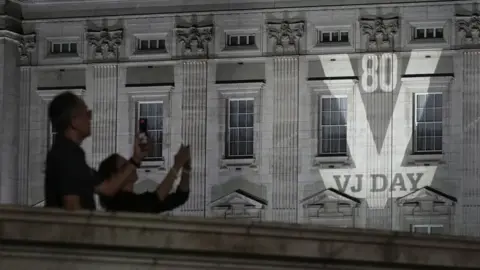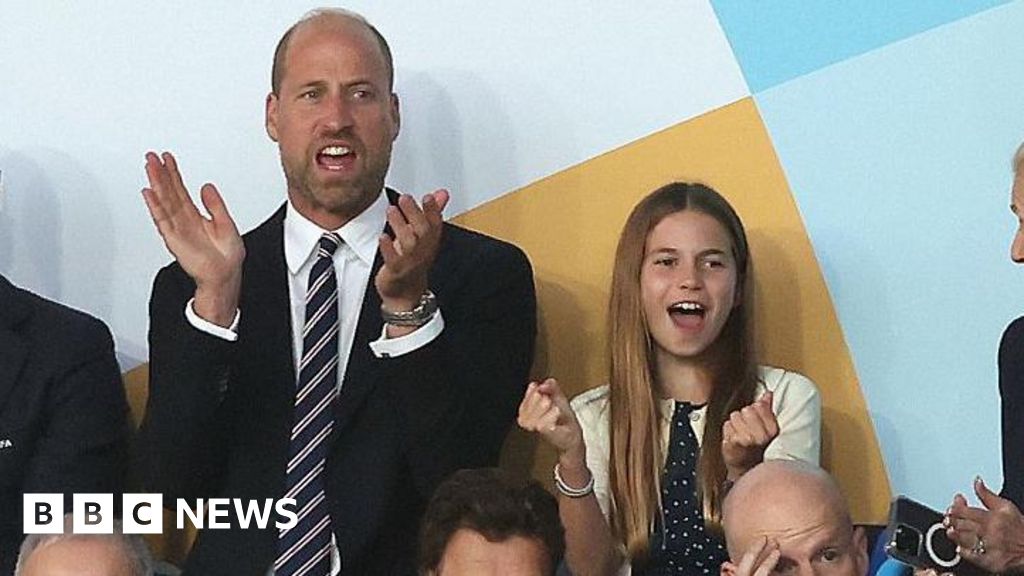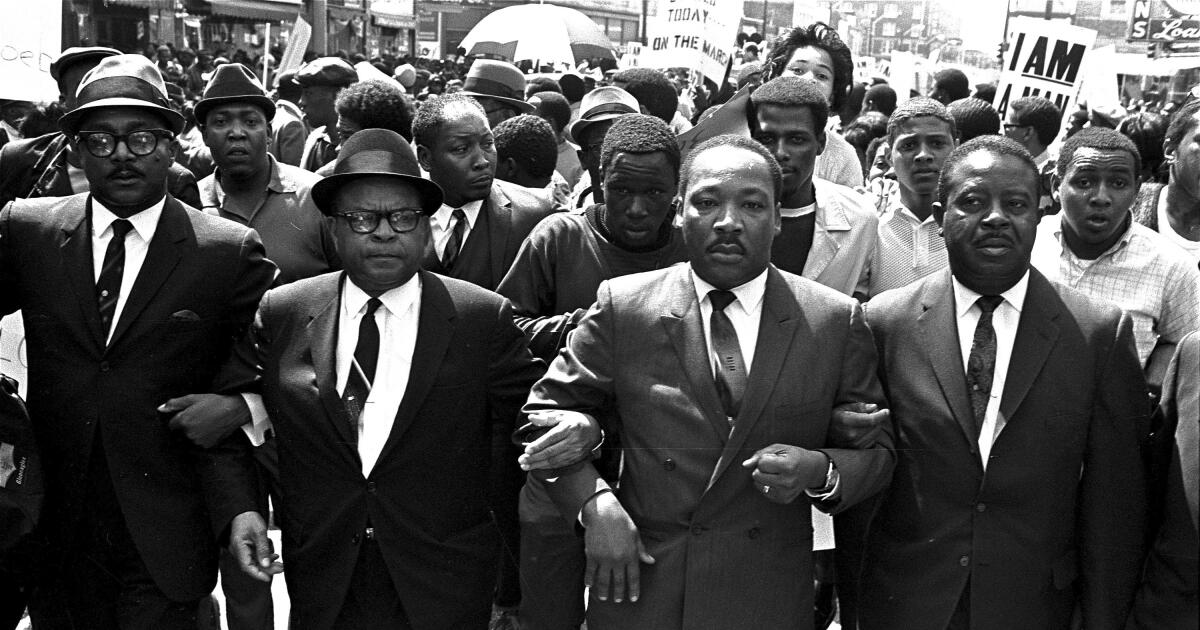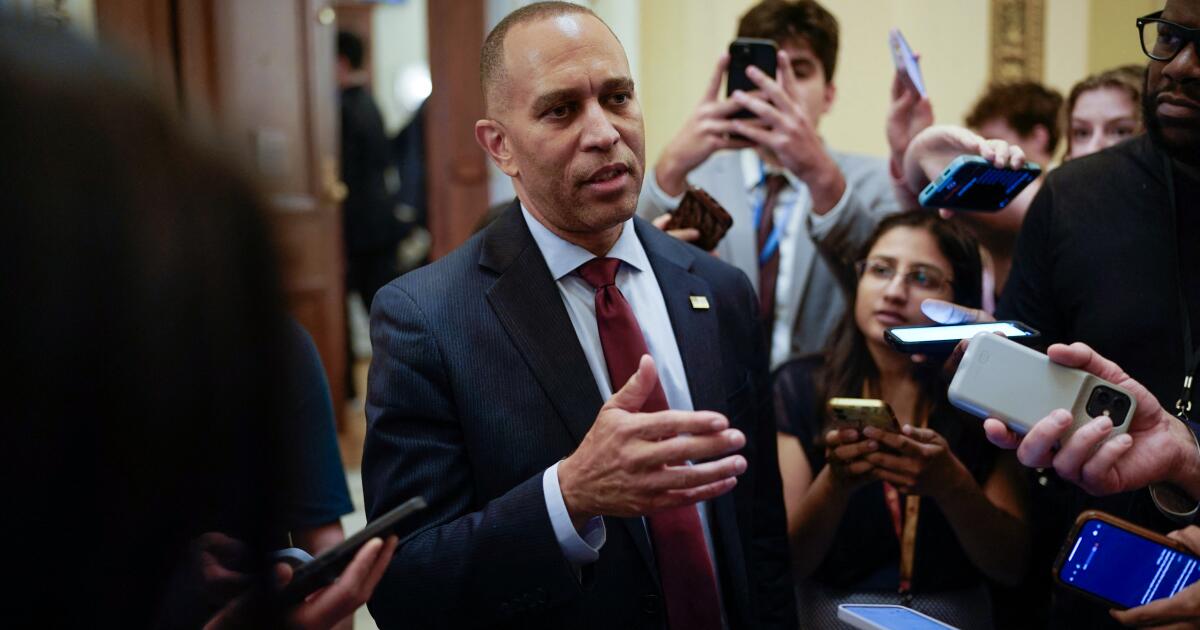Need a model for how to thrive in the stranglehold of the modern music economy? How about a band of Australian garage-rockers who cut albums at the pace of an Atlanta rap crew, tour like peak-era Grateful Dead and who just told the biggest company in streaming to go to hell.
King Gizzard & the Lizard Wizard are a fascinating phenomenon in rock. Over 15 years, their LPs have flitted between genres with insouciant musicianship, pulling from punky scuzz, regal soul, krautrock, electro-funk and psychedelia. These LPs come at an insane clip — sometimes up to five in a year, 27 so far. Their freewheeling live shows made them a coveted arena act, when few new rock bands can aspire to that.
Two weeks ago, they became probably the most high-profile band to take their music off Spotify in the wake of Chief Executive Daniel Ek’s investments in an AI-driven weapons firm. The band self-releases on its own labels — they needed no one’s permission.
King Gizzard returns to the Hollywood Bowl on Sunday, this time backed by the Hollywood Bowl Orchestra for a live read of its new album “Phantom Island,” a standout LP that adds deft orchestration to its toolkit. The band’s frontman, Stu Mackenzie, spoke to The Times about giving Spotify the boot, how the L.A. Phil inspired the new record’s arrangements and what they’ve figured out about staying afloat while artists get squeezed from all sides today.
What was your initial reaction to Daniel Ek’s investments in an AI arms company?
A bit of shock, and then feeling that I shouldn’t be shocked. We’ve been saying f— Spotify for years. In our circle of musician friends, that’s what people say all the time, for all of these other reasons which are well documented. We saw a couple of other bands who we admire, and thought “I don’t really want our music to be here, at least right now.” I don’t really consider myself an activist, and I don’t feel comfortable soapboxing. But this feels like a decision staying true to ourselves, and doing what we think is is right for our music, having our music in places that we feel all right about.
Was choosing to leave a complicated decision for the band?
The thing that made it hard was I do want to have our music be accessible to people. I don’t really care about making money from streaming. I know it’s unfair, and I know they are banking so much. But for me personally, I just want to make music, and I want people to be able to listen to it. The hard part was to take that away from so many people. But sometimes you’ve just got to say, “Well, sorry, we’re not going to be here right now.” In the end, it actually was just one quick phone call with the other guys to get off the ship.
As the sizes of everything gets larger, all of the stakes start to feel higher. I grapple with that, because that’s not the kind of band that I like to be in, where it feels like everything is high stakes. I do miss the time where we could just do anything without any consequences, but I still try really hard to operate like that. In the past, I have felt tied to it, that we have to be there. But with this band, we have been happy to take a lot of risks, and for the most part, I’m just happy to see what happens if we just choose the path that feels right for us.
Do you think Spotify noticed or cares that you left?
I don’t expect Daniel Ek to pay attention to this. We have made a lot of experimental moves with the way we’ve released records — bootlegging stuff for free. We have allowed ourselves a license to break conventions, and the people who listen to our music have a trust and a faith to go along on this ride together. I feel grateful to have the sort of fan base you’ll just trust, even when you do something a little counterintuitive. It feels like an experiment to me, like, “Let’s just go away from Spotify, and let’s see what happens.” Why does this have to be a big deal? It actually feels like we’re just trying to find our own positivity in a dark situation.
“Phantom Island” is a really distinct record in your catalog for using so much orchestration. I heard some conversations with the L.A. Phil planted the seed for it?
We played this Hollywood Bowl show a little over two years ago, and being the home stadium of the L.A. Phil, we naturally chatted with them at the show. It did plant a seed of doing a show there backed by the orchestra. We happened to be halfway through making a record at that exact time that we weren’t really sure how to finish. When we started talking about doing a show backed by an orchestra, we thought, “Let’s just make an album with an orchestra.” We rearranged and rewrote these songs with a composer, Chad Kelly. We knew the songs needed something, and we ended up rewriting the songs to work for a rock band in a symphonic medium.
Were there any records you looked to for how to make that approach work? I hear a lot of ELO in there, Isaac Hayes, maybe the Beatles’ “A Day in the Life.”
To be completely honest, I just don’t think there was a model for it. I think we landed on something that we only could have made because we wrote the songs not knowing there were going to be orchestral parts. When you ask me what were the touchstones, well, there weren’t any. I was probably thinking of a lot of music from the early ’60s, a lot of soul and R&B music at that time, which had often had orchestral arrangements. Etta James, for instance, was in the tone and the feel. This isn’t the perfect way to do it, but it was a really serendipitous process.
Your live shows are pretty raucous to say the least; how did you adapt to keep that feeling with orchestras behind you on this tour?
I was pretty anxious, to be honest. We only had one rehearsal the day before the first show. We had to go in and cross our fingers, like, “Okay, I think that’s going to work. I’m just going to hope that it translates.” Our rehearsal was the most intense two and a half hours, but for the show, you’re just like, “All right, this is it.” You’ve just got to commit to what’s on the page.
We’ve had some really awesome people collaborating with us — Sean O’Laughlin did the arrangements for the live shows, and Sarah Hicks is an amazing conductor. We’re just a garage rock band from Australia; we’re very lucky to get to honestly work with the best of the best.
On the other end of the venue spectrum, what was it like playing a residency in a Lithuanian prison?
It was a real prison until really recently [Lukiškės Prison 2.0 in Vilnius, Lithuania]. The history is very dark — like, very, very dark. But there are artist spaces there now, and it’s quite a culturally positive force. They’re the things that make you restore your faith in humanity. You spend so much of your life losing faith in it, and then you go to places like that, and you’re like, “Yeah, humans are okay.”
Speaking of threats to humanity, I think your band contests the idea that artists need to use AI to make enough music to be successful on streaming. You’re proof you can make a ton of music quickly, with real people.
Making music is fun as f—, especially making music with other people. That’s a deeply motivating factor, and we just have a ton of fun making music together. It feels human, it feels spiritual, it feels social. It’s deeply central to who we all are as human beings. And it doesn’t feel hard. It doesn’t feel like we’re fighting against some AI trend or anything. We just make music because it feels good.
You’re an arena act with your own label, and pretty autonomous as a band. Do you think you’ve figured out something important about how to be successful in the modern music economy?
I think we’ve been good at asking internal questions, and questioning what everybody else does and whether we need to do that or not. Sometimes we do the same thing that everybody else does. Sometimes we do something completely different because it makes sense to us. I think we’ve been quite good at being true to ourselves and being confident, or maybe reckless enough to do that.
I do think there’s some serendipity and fate in the personalities of the other guys in the band, and the people that we work with, who have have also been on a pretty unconventional journey and have faith that — in the least pretentious way possible — that other people will dig it, and not worry too much about the other other stuff.
Do you hope to see more and bigger bands striking out on their own, since the big institutions of the music business have yet again proven to not really reflect their values?
I just know what has worked for us, and I’m not sure that means that it’ll work for other people. I don’t know if there’s a model in it. If there is a model, it’s that you don’t have to follow a path if you don’t want to. The well-treaded path is going to work for some people, but you don’t have to stay on that.
I think one thing about this band is that we’ve all been at peace with failing. That if this all fell apart and we went back home and we got regular jobs, I think we would say, “Well, we’re proud of ourselves. We had a good time.” We did what we wanted to do and just suffered the consequences along the way. We’re probably being reckless enough to make potentially selfish decisions over and over again. But people, for some reason, want to come out and see us do that, and we’re super grateful.







